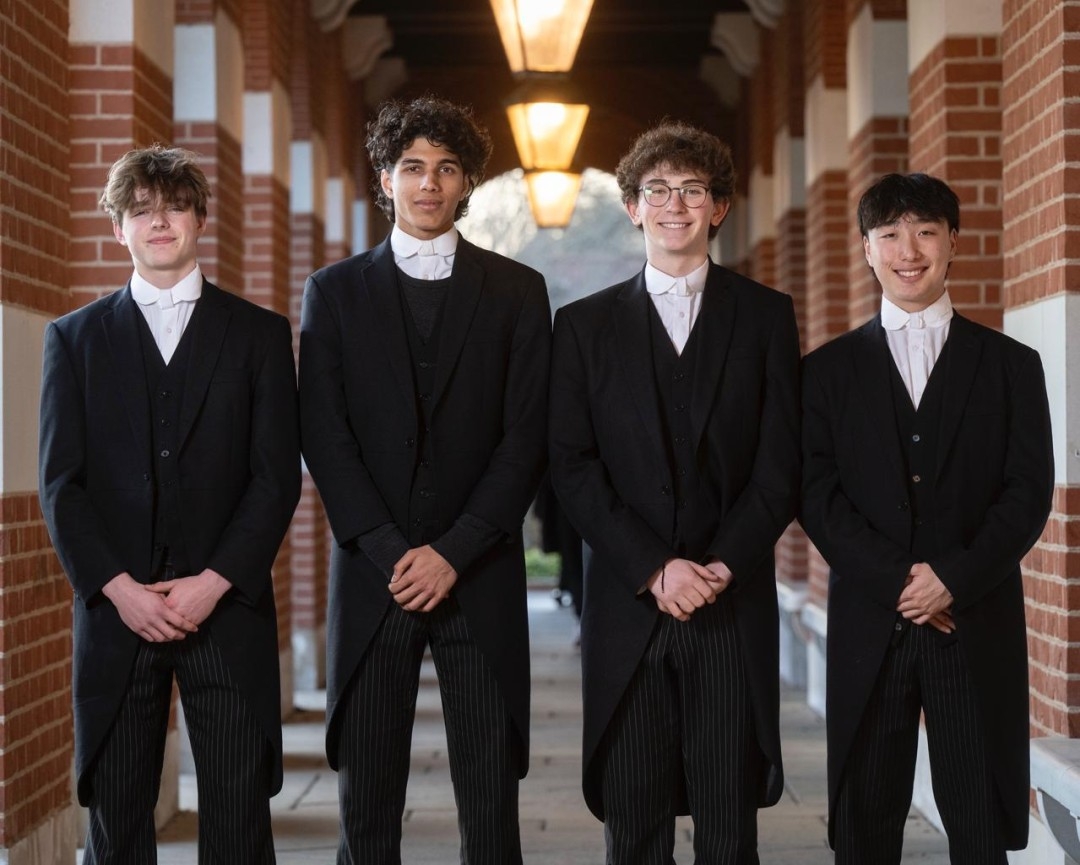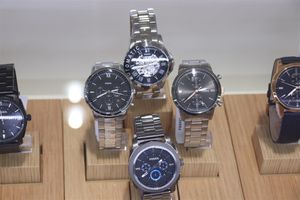CynoFilter Team Earns Earth Prize Recognition with Breakthrough in Natural Carbon Capture

When conversations about climate change veer toward carbon capture, the focus usually falls on billion-dollar investments, sprawling industrial sites, and the promises of future mega-projects. But a student-led venture called CynoFilter is proving that the fight against emissions may not depend solely on large-scale infrastructure. Instead, the answer might lie in compact, nature-inspired systems designed to make carbon capture accessible to communities everywhere.
The CynoFilter project has recently secured a place among the Top 5 European finalists in the Earth Prize 2025, an international competition that highlights youth-led innovation in sustainability. This recognition has spotlighted the team’s unique approach: a bioengineered system that uses cyanobacteria encapsulated in sodium alginate beads to capture carbon dioxide at efficiencies far surpassing traditional methods. According to their early testing, each CynoFilter unit demonstrates sequestration rates nearly 90 times greater per mass than trees.
At its core, CynoFilter is a deceptively simple idea. The system suspends cyanobacteria, microorganisms known for their photosynthetic capacity, within a sodium alginate matrix. These beads are then arranged into a compact, honeycomb-style unit that maximizes airflow and surface contact. As air circulates through the structure, the bacteria naturally absorb carbon dioxide, locking it away in a process that is both efficient and scalable. Reinforced membranes and structural design choices ensure the device is durable outside laboratory settings.
What sets CynoFilter apart is not just the biology at play but the vision of making advanced carbon capture accessible beyond industrial sites. “We wanted to design something that anyone could use,” the team explained in their Earth Prize submission. “If climate change affects everyone, then solutions should be available to everyone too.” The system is compact enough to be installed in schools, greenhouses, farms, or even community centers, spaces where traditional carbon capture would be unrealistic.
This accessibility is what captured the attention of Earth Prize judges, who praised the project as an example of grassroots innovation tackling one of the planet’s toughest problems. Recognition has also extended beyond competitions: CynoFilter has been shortlisted for the Hoberman Prize for Social Innovation, and an early research paper on the device has drawn interest from climate tech investors exploring the next wave of sustainable technologies. A patent process is currently underway to protect and refine the system for future deployment.
Behind these milestones is a philosophy rooted in interdisciplinary thinking. Engineering principles shaped the unit’s honeycomb structure for stability and efficiency, biological modeling optimized cyanobacteria viability, and filtration research ensured the device could withstand real-world conditions. The result is a prototype that feels as much like the foundation of a startup as a school science project.
For universities and research institutes, the implications are striking. CynoFilter demonstrates that students are capable of blending biology, engineering, and environmental ethics into solutions that are both practical and visionary. The recognition is not just a win for the team but a sign of how emerging innovators are reframing the carbon capture debate. While industrial-scale solutions remain crucial, projects like CynoFilter showcase how smaller, distributed systems could supplement global climate efforts.
The journey is far from over. Challenges remain around scaling production, ensuring long-term durability of the cyanobacteria, and integrating CynoFilter units into broader sustainability frameworks. Yet the momentum generated by awards, investor attention, and media recognition has fueled the team’s commitment to moving beyond the prototype stage.
As one Earth Prize official noted, “CynoFilter represents exactly the kind of innovation the world needs, affordable, replicable, and rooted in nature’s own solutions.”
For communities worldwide, the message is clear: meaningful climate action doesn’t always require billion-dollar plants or high-tech machinery. Sometimes, it starts with students, microorganisms, and the determination to turn a simple idea into a potential game-changer.
CynoFilter’s journey underscores a larger truth: in the fight against climate change, innovation can be both small in scale and massive in impact.
About CynoFilter
CynoFilter is a sustainability venture focused on tackling atmospheric carbon emissions through bioengineering. Its compact carbon capture units harness the natural photosynthetic power of cyanobacteria, encapsulated in a sodium alginate matrix. With a sequestration efficiency estimated at 90 times greater per mass than trees, CynoFilter aims to make carbon capture accessible, scalable, and community-driven. The project has been recognized internationally, securing a place among the Top 5 European finalists in the Earth Prize 2025 and being shortlisted for the Hoberman Prize for Social Innovation. A patent is currently in process.
Media Contact
Company Name: CynoFilter Team
Email: Send Email
Phone: +44 73764 81444
Country: United Kingdom
Website: https://www.rootsnshoots.org.uk/mission-updates/eton-college-cynofilter-team-is-a-top-five-earth-prize-contender-in-europe
More News
View More




Recent Quotes
View More
Quotes delayed at least 20 minutes.
By accessing this page, you agree to the Privacy Policy and Terms Of Service.